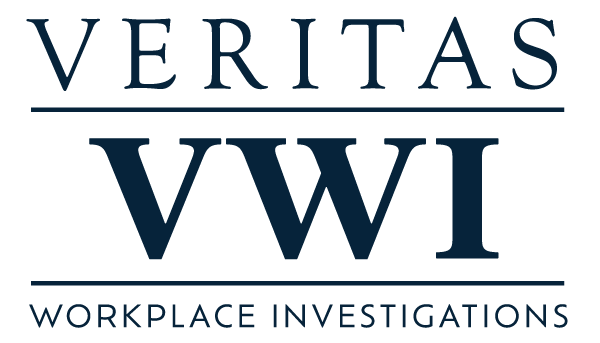When to Consider an Outside Attorney Investigator
There are situations where it’s wise to bring in an external attorney to conduct a workplace investigation. This approach is especially useful when maintaining neutrality and legal rigor is essential. Here are some common scenarios:


